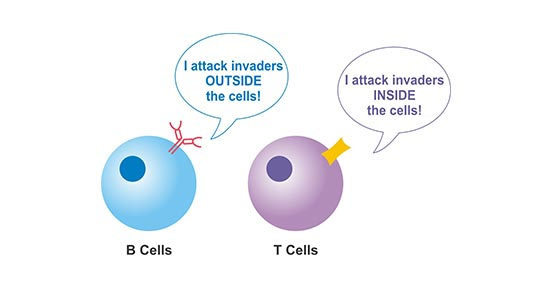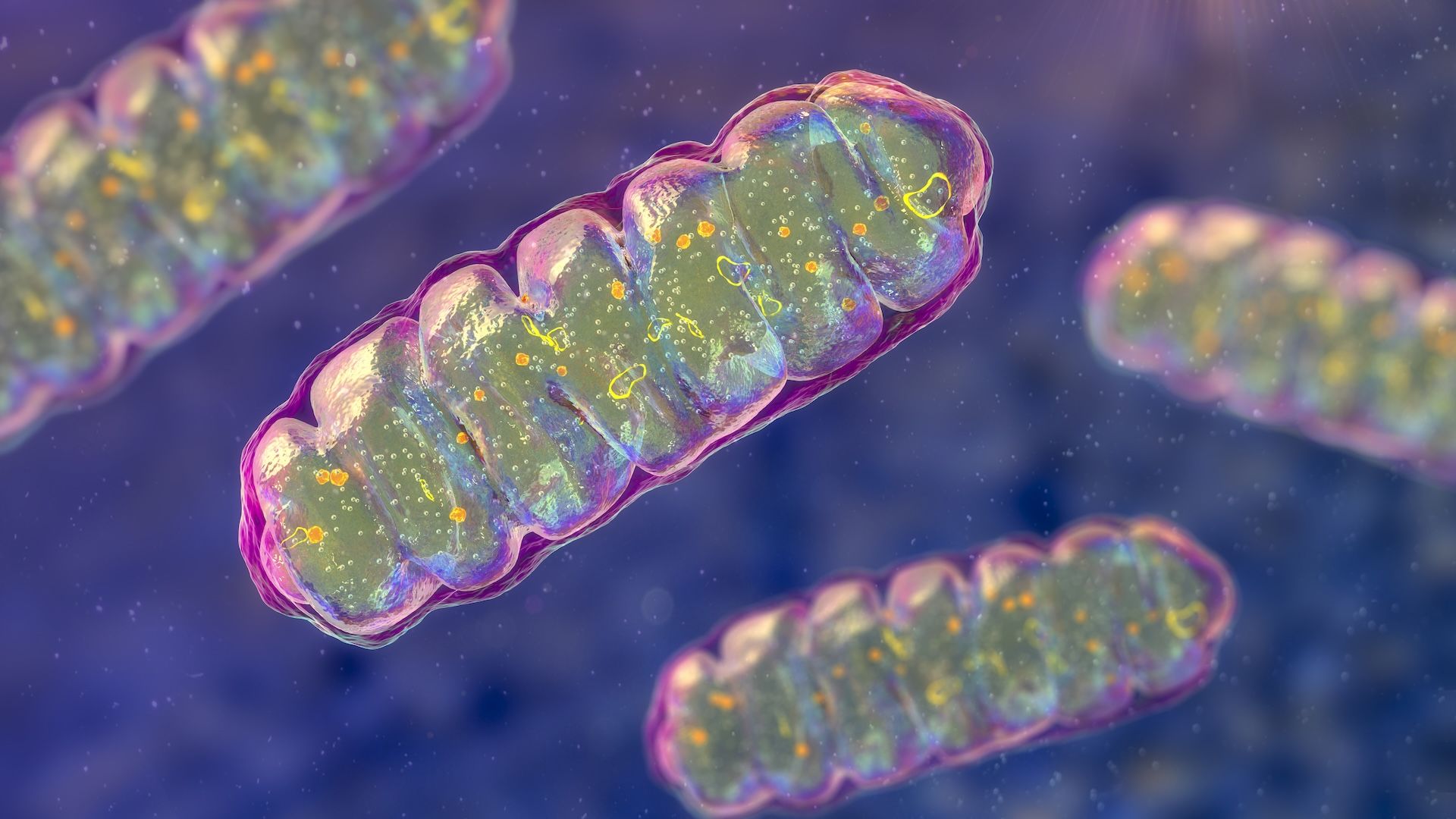- Courses
- GS Full Course 1 Year
- GS Full Course 2 Year
- GS Full Course 3 Year
- GS Full Course Till Selection
- Online Program
- GS Recorded Course
- NCERT (Recorded 500+ Hours)
- Polity Recorded Course
- Geography Recorded Course
- Economy Recorded Course
- AMAC Recorded Course
- Modern India, Post Independence & World History
- Environment Recoded Course
- Governance Recoded Course
- Science & Tech. Recoded Course
- International Relations and Internal Security Recorded Course
- Disaster Management Module Course
- Ethics Recoded Course
- Essay Recoded Course
- Current Affairs Recoded Course
- CSAT
- 5 LAYERED ARJUNA Mentorship
- Public Administration Optional
- ABOUT US
- OUR TOPPERS
- TEST SERIES
- FREE STUDY MATERIAL
- VIDEOS
- CONTACT US
T Cells: Their Role in the Immune System
T Cells: Their Role in the Immune System
15-05-2024

T cells, also known as T lymphocytes or thymocytes, are an important part of the immune system. They play a crucial role in protecting the body from infections and may even assist in cancer treatment.
Key Points:
-
Types of T Cells:
- Cytotoxic T-cells: These cells destroy infected cells.
- Helper T-cells: They send signals that direct other immune cells to combat infections.
-
Antigen Recognition:
- Unlike other immune cells, T cells do not attack antigens indiscriminately.
- Instead, each T cell has identical T-cell receptors on its surface, which can only bind to a specific antigen shape.
- When a T-cell receptor fits with its corresponding viral antigen on an infected cell, the cytotoxic T-cell releases cytotoxins to eliminate the infected cell.
-
Immune System Response:
- Antigens are substances that trigger the immune system to produce antibodies against them.
- The immune system recognizes antigens as foreign substances and attempts to fight them off.
- Antigens can come from the environment (chemicals, bacteria, viruses, pollen, etc.) or form within the body.
Must Check: Best IAS Coaching In Delhi



